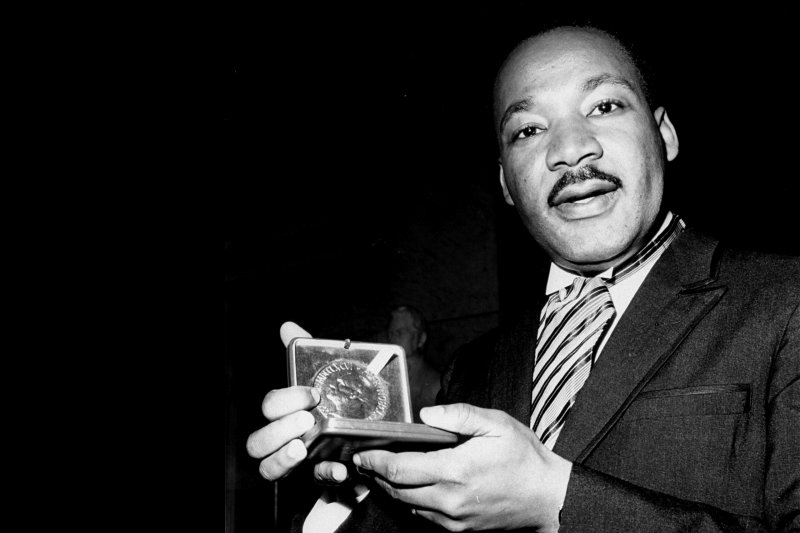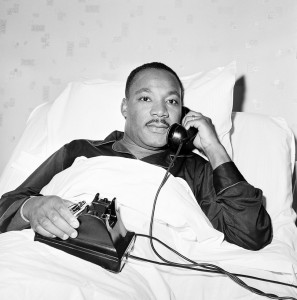Between 1948 and 1994, South Africa was governed by the National Party. The government used laws to maintain a segregation of the country’s black and white citizens. This allowed the minority whites to keep the majority blacks at a political, economical, and social disadvantage.
Inter-racial marriage between whites and other races was illegal. Black-owned businesses were restricted as to where they could operate. There were separate “black” and “white” buses. Even hospitals and ambulances were segregated. When non-whites went into white-controlled areas, they were required to carry papers with their fingerprints, photo, and identification information.
There were protests against apartheid throughout this time. Protesters could be locked up, whipped or fined. One of these activists, Nelson Mandela, was arrested in 1962 and was sentenced to life in prison with hard labor – he was forced to work in a limestone quarry. Inspite of having very limited contact with the outside world, he was only allowed one visitor every six months, he became the best known representative of the anti-apartheid movement. He ended up spending 27 years in prison before being released in 1990.
After his release, Mandela traveled and spoke in several countries, gaining international support for the end of apartheid. The final stop in his world tour was before the U.S. Congress. He was only the third private citizen to address Congress.
South African President Frederik Willem de Klerk and Mandela worked together to end apartheid. On April 27 and 28, 1994, black South Africans were allowed to vote in elections for the first time. They elected Nelson Mandela as the country’s first black president. He served from 1994 to 1999.

Nelson Mandela 1918 – 2013, skilled ballroom dancer, lawyer, prisoner, and South African president.
To deny people their human rights is to challenge their very humanity. – Nelson Mandela
Find More Information:
Biography of Nelson Mandela
End of Apartheid




